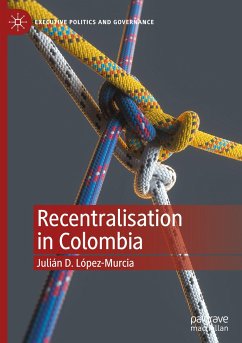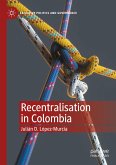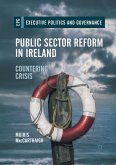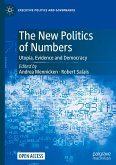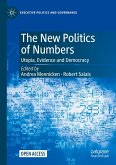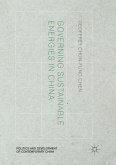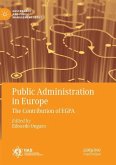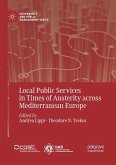This book tackles the question of how to characterise and account for recentralisation in Colombia between central and lower levels of government across a 26-year period. Around the world, the COVID-19 pandemic has once again put the distribution of responsibilities, resources, and authority between different levels of government at the heart of political debate. This book brings this issue to light as a topic central to the study of public administration.Drawing on extensive fi eldwork with more than a hundred interviews with former presidents, ministers, members of congress, governors, local mayors and subnational public offi cials, as well as documentary sources, it begins with a historical account of recentralisation processes in the world. It then proposes a theoretical framework to explain these processes, before tracing and carefully comparing recentralisation episodes in Colombia using theory-guided process tracing.
"López-Murcia's volume becomes an obligatory reference for those interested in subnational governance and intergovernmental relations in Latin America, as well as for those exploring the evolution of governance processes in the region. Moreover, the book offers readers a clear account of the different tools and bargaining strategies employed by the Colombian elites, beyond the formality of the policy process, to carry forward their agenda. ... López-Murcia's book results very valuable to help us figure out the governance dynamics we will face in the near future." (Ricardo A. Bello-Gomez, revista.drclas.harvard.edu, July 23, 2022)

